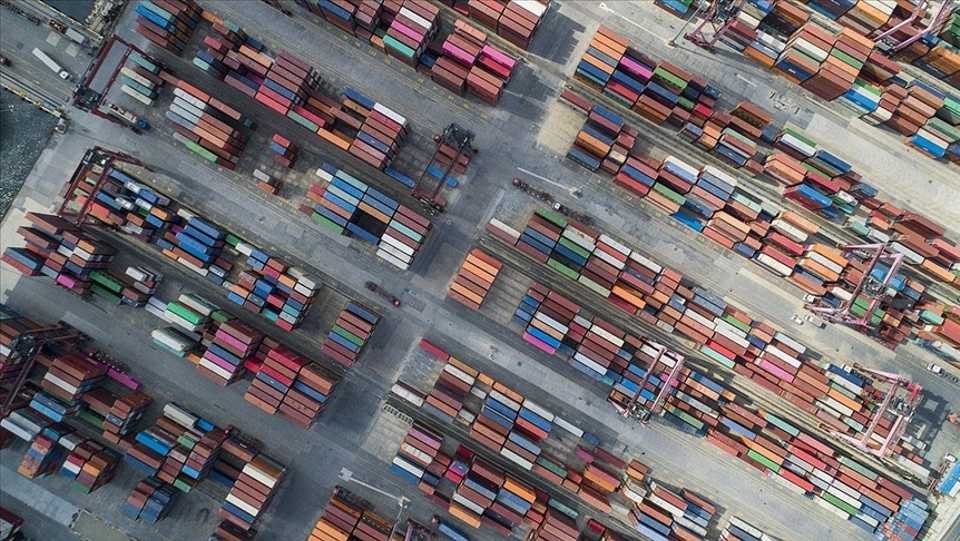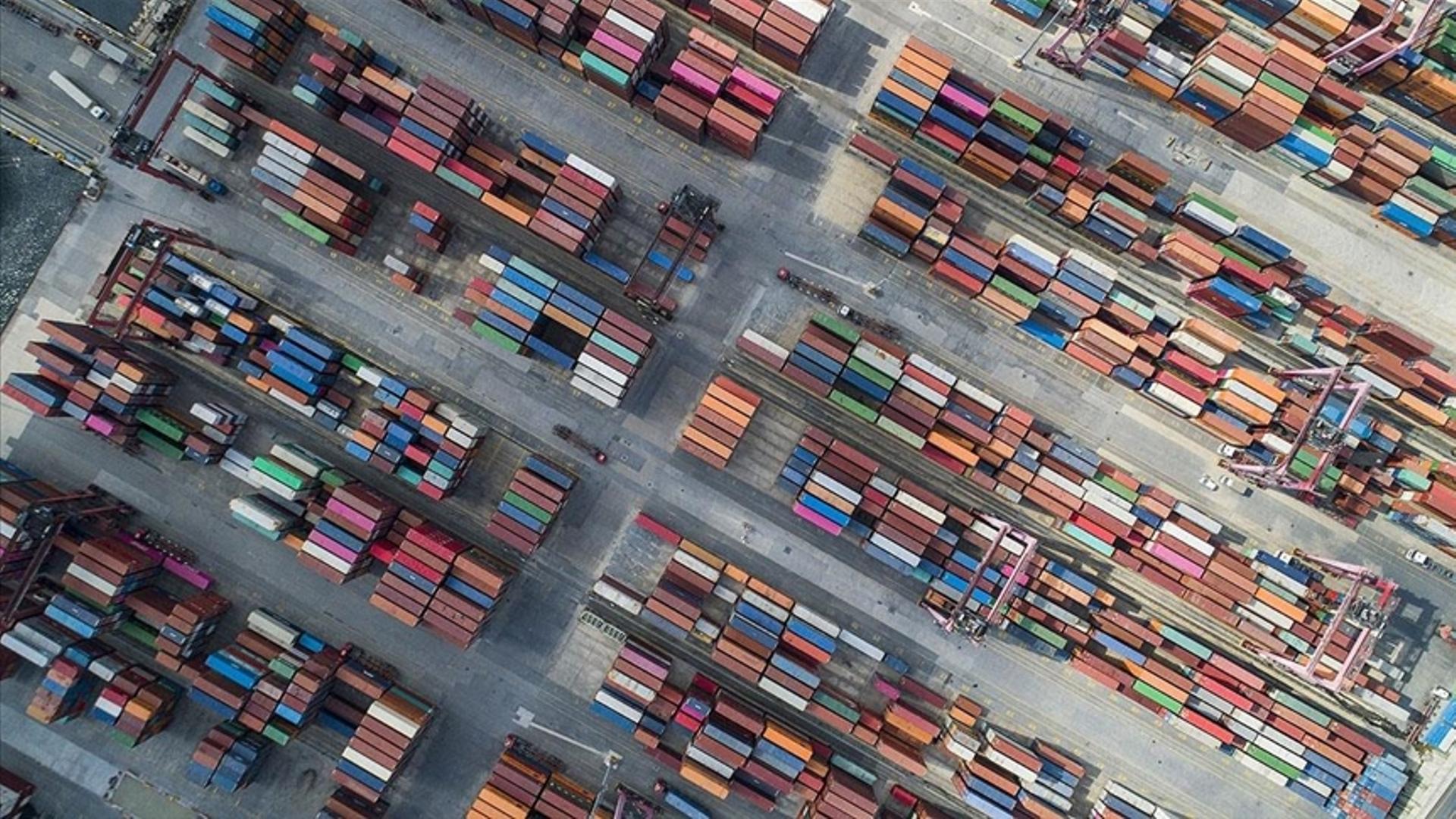
The US on Monday announced its intention to terminate preferential tariff systems for Turkey and India which are aimed at bolstering the trading prospects of developing nations.
The end of Turkey’s designation under the Generalized System of Preferences (GSP) programme is due to its economy becoming sufficiently developed, the US Trade Representative’s office said in a statement.
Turkey was designated as a programme beneficiary in 1975, and the trade representative’s office pointed to a number of advancing economic metrics in establishing its determination.
“An increase in Gross National Income (GNI) per capita, declining poverty rates, and export diversification, by trading partner and by sector, are evidence of Turkey’s higher level of economic development,” it said.
TRT World spoke to Daniel Ryntjes in Washington, DC for more on the story.
India accused of creating trade barriers
India, meanwhile, is being terminated from the programme because it has failed “to provide the United States with assurances that it will provide equitable and reasonable access to its markets in numerous sectors.”
“India has implemented a wide array of trade barriers that create serious negative effects on United States commerce. Despite intensive engagement, India has failed to take the necessary steps to meet the GSP criterion,” the trade representative’s office added.
President Donald Trump sent letters to Congress and the Turkish and Indian governments to notify them of the changes, setting off a 60-day countdown after which they will take effect via presidential proclamation.
“In the four and a half decades since Turkey’ s designation as a GSP beneficiary developing country, Turkey’s economy has grown and diversified,” Trump wrote in a letter to lawmakers, adding Washington “remains committed to fair and reciprocal trade with Turkey.”
India was the largest beneficiary of the system, with it covering roughly $5.69 billion in imports, according to a report issued by the Congressional Research Service in January.
Turkey ranked fifth with an estimated $1.66 billion in applicable imports.










Discussion about this post